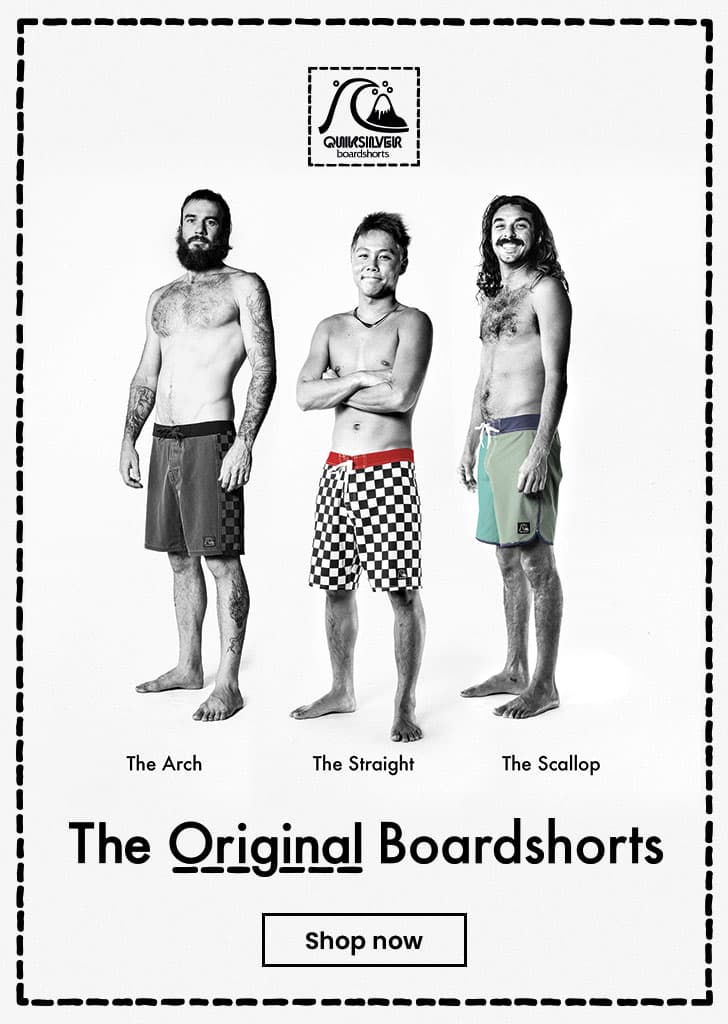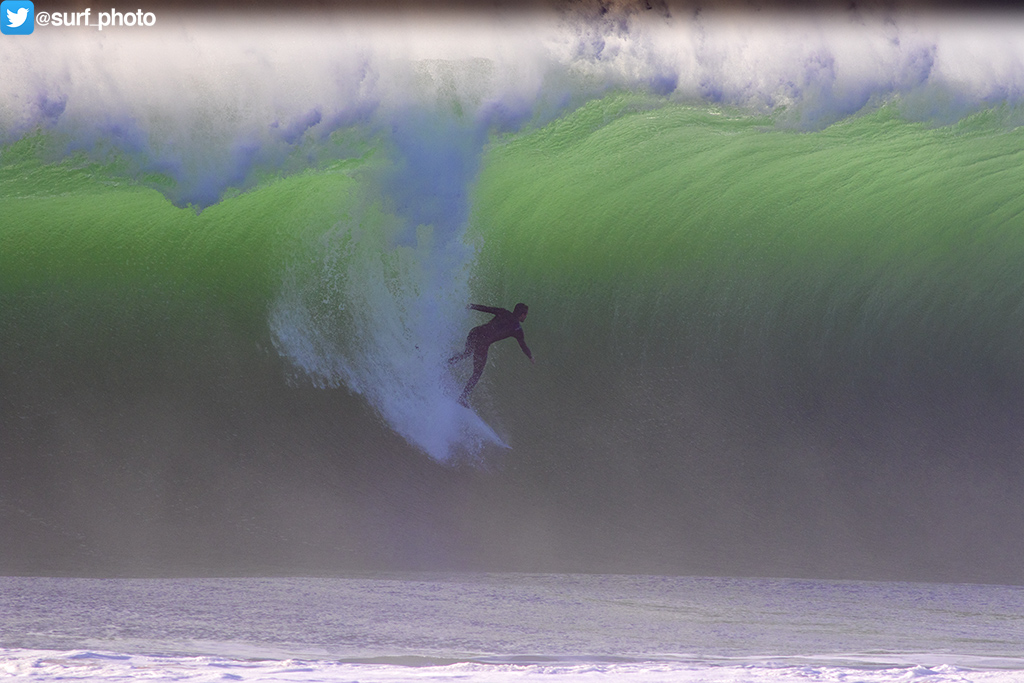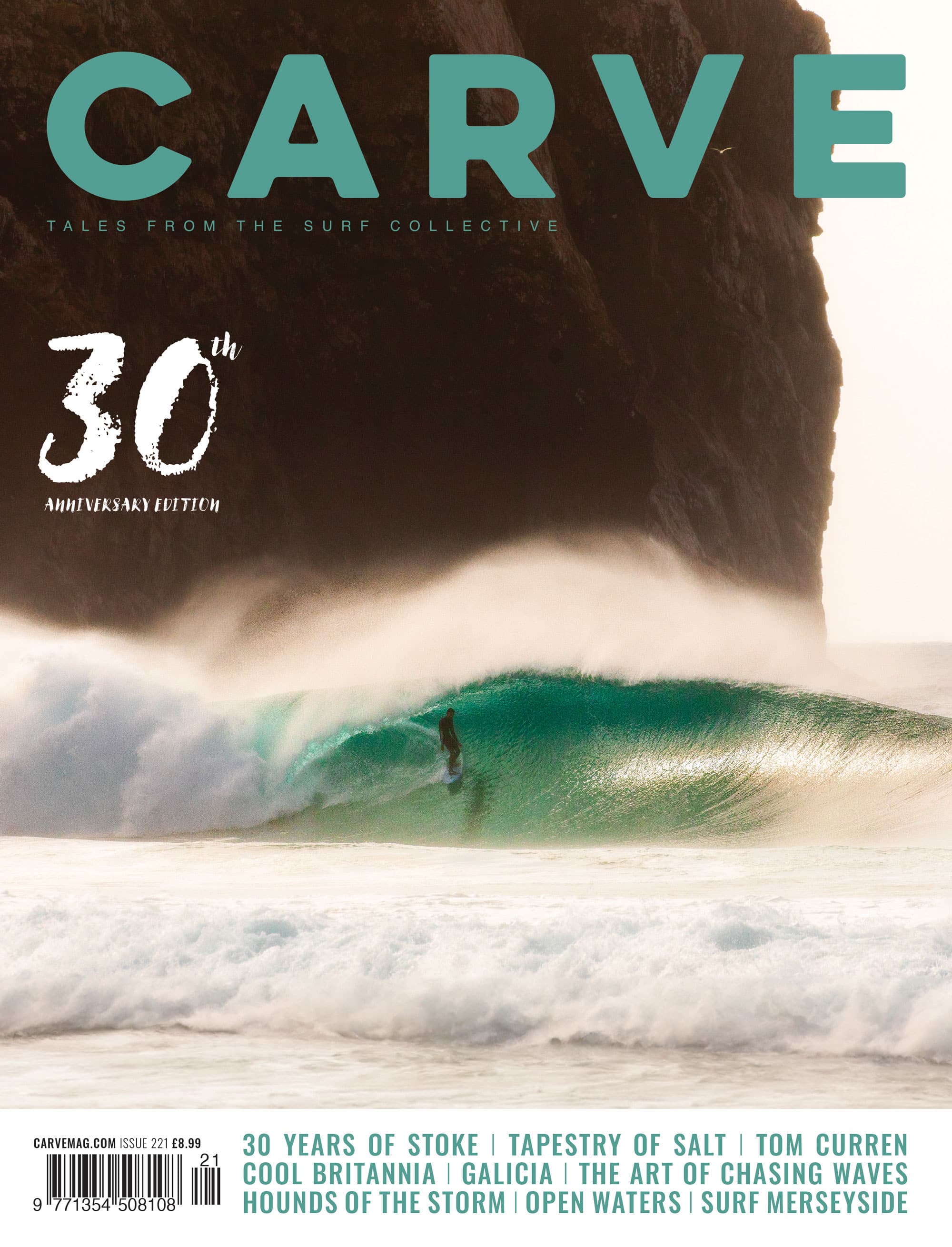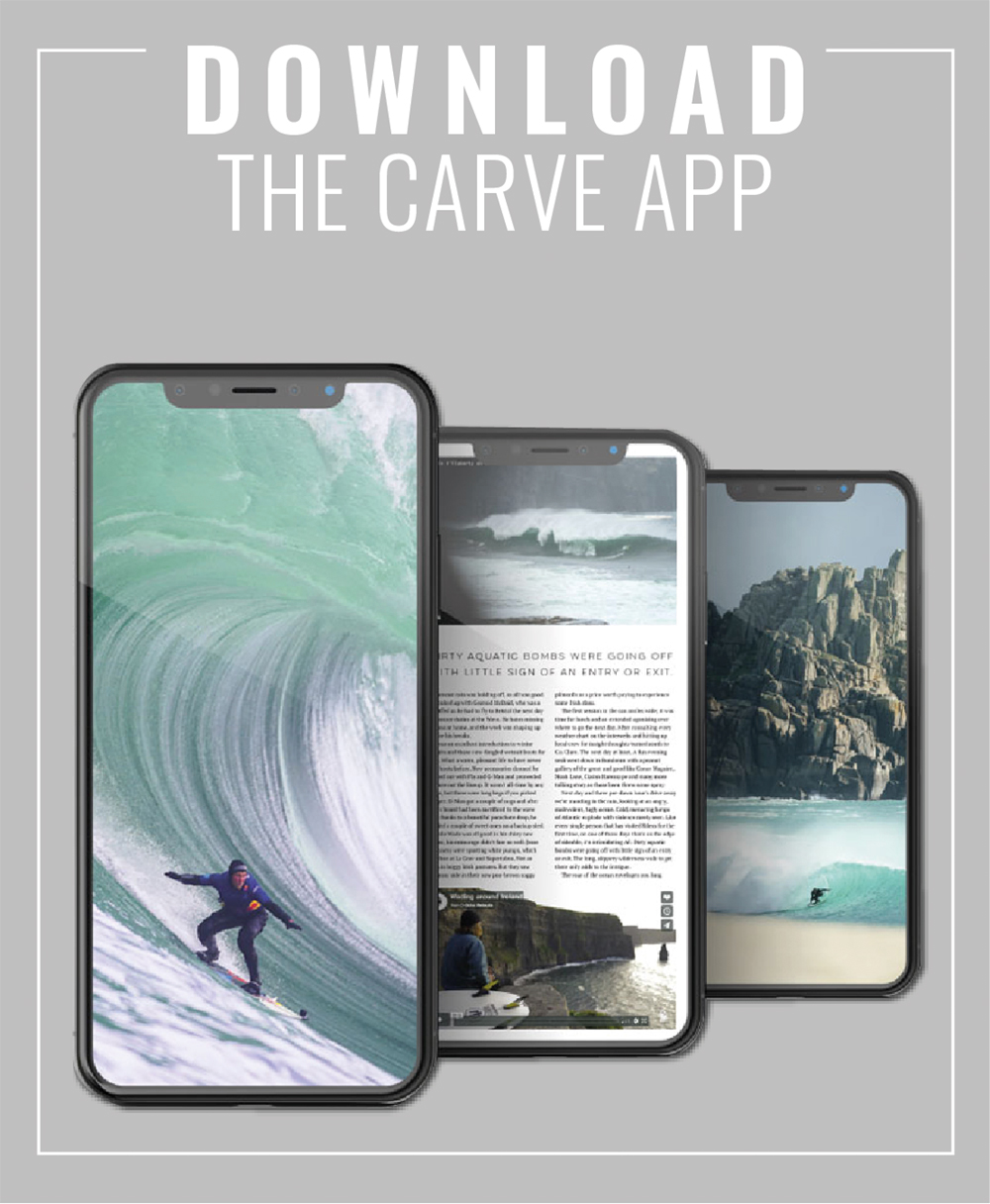A short series looking at jobs in surfing innit…
Surf Photographer
Every since the digital revolution everyone wants to be a surf photographer. Huey knows why as the pay is minimal, conditions awful and you’ll miss the best surf you’ll ever witness in your life.
Getting there: No formal training is required, many big name professional surf photog’s are self taught, although many of the legendary water guys come from a bodyboarding background: Mickey Smith, Tim Jones, Jeff Flindt, Scott Aichner, etc. Used to the swim fins and being in heavy situations see.
Skill set required: Rich parents, fat credit card limit or a monk like zeal to work your nuts off at any job to get the cash together for equipment. Because much as you can take an amazing photo with any camera surf photography is all about the gear. You cannot be a pro surf photog just fannying around with hipster film and old cheap cameras. These days a Canon 7DMk2, water housing, plus all the lenses, tripod and other stuff is a minimum of £10,000. And that’s without one of the mega huge long lenses which are pushing £10Gs alone.
Cash: A double page spread in a surf mag will pay you £100. Now do the math on how long it will take you to pay for the equipment (not to mention live/eat/pay rent). Surf photography is something best started and done for the love, not for the reward, because apart from the elite handful of guys worldwide most are living on crumbs and all the mags have staff photogs. But if you have the eye you can certainly pay for your gear with it if nothing else. And if you’re double awesome you could go far. Especially now that self promotion is a whole heap easier.
Good bits: Worldwide travel, ultimate job satisfaction, year round perma-tan, hanging out with seriously good people, days off when it rains.
Bad bits: Missing good surf, being expected to lug 30kgs of gear around like a pack horse, never pulling (pro surfers always bag the attractive others), poor pay and conditions, no job security, danger of death.
Ambitions: Getting a cover shot is the big ambition. Once you’ve done that in the UK then an international cover (Surfer/Surfing/ASL, etc) is the Holy Grail. That and actually making some money.
Surf Mag Editor
Getting there: How do you get to be an editor of a surf mag? That’s a good question. On current form it would seem going to university in Aberystwyth is the statistically relevant answer. As Tim Nunn and Sharpy went there. Also having an Earth Science degree also seems to help (Nunn, Sharpy, Chris Power, Steve England, etc). Random but true.
Skill set required: Being a whizz with words, knowing surfing inside out, having the world’s best surf photog’s on speed dial and being intimate with the riders is essential. To be a good editor you also need to be funny, dashing, witty, erudite and basically James Bond without the fighting. It’s a mixture of managing your team (contributors, designers, printers, ad managers) and having a vision for the magazine. Starting each new issue with 132 blank pages is pretty terrifying. Not to mention being an online whizz. As being an editor is now half magazine and half online/social work.
Cash: Big league editors in the real world, mainstream magazines earn serious coin. The surf media, as usual lags a tad. In Europe a salary of £20Gs+ is possible if yer really good but you could earn more as a entry level manager in Maccas and they get free food.
Good bits: Editing a surf mag is one of the funnest jobs you can do when it’s going well. Occasional free travel and the odd bit of free product from the surf co’s.
Bad bits: Deadline stress, AWOL photographers and writers, corrupted hard drives, lack of internet and basically having to rely on other people. If they aren’t on their game it makes your life very hard. Like we said it’s about good people management. Editors normally last about three years in most mags before they get that far away look in their eyes and suffer burn out. So it’s not a job for a life. Media shit storms are also a potential issue.
Ambitions: Editing a national title is a job that doesn’t come up that often but it does happen. Or you can of course start your own. That’s how all mags come to pass. Just one guy with an idea.
Photo: Willy Aliotti by Sharpy







